 Since this was uncharted waters, they were not sure what they would find. They were the ones to find out that the hair is made up with fibers resembling tree trunks wrapped in a cuticle which resembles the bark of a tree.
Since this was uncharted waters, they were not sure what they would find. They were the ones to find out that the hair is made up with fibers resembling tree trunks wrapped in a cuticle which resembles the bark of a tree.
They also found that there is an ultra thin coating of natural lubricant over the cuticle, which explained how hair tends to disintegrate.
Come to think of it, it is perhaps this very same research that has backed the theory that finger detangling is least damaging to our hair.
Can you imagine what happens to that thin film when we chemically process or heat style our hair? Then again, even washing and styling creates enough friction to do damage so that is why we need conditioners to act as lubricants against the wear and tear we subject our hair to.
Their Findings
Bharat Bhushan found that unless a conditioner chemically attaches to the hair, it is ineffective. Apparently, many of the conditioners we are crazy about do nothing for us.
Instead of uniformly coating the hair they just sit in pockets at the bottom of the cuticle, often making the hair sticky. This conclusion was reached after he had done tests using adhesion, weight and friction to assess the state of the inner layers of the hair, before and after the use of conditioner.
Well that explains why our conditioners weigh down our hair. It also explains why products containing polymers and polyelectrolyte complex (PEC) are so good for our delicate tresses. (Polyelectrolyte are use in split repair products to seal our hair back together after damage and make it more resilient to breakage.)
Of course numerous scientific experiments go into cosmetics, especially for super concoctions for the multi-billion dollar hair industry but I wonder how many of the findings of these discoveries trickle down to us laymen.
As it turns out, Bhushan’s book, Biophysics of Human Hair: Structural, Nanomechanical, and Nanotribological Studies chronicles his findings. It is a bit of a heavy read but should be quite a jewel for the science buffs among you.
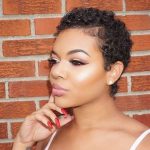
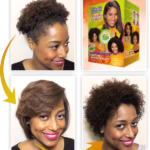
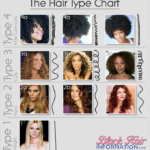




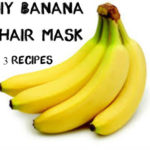

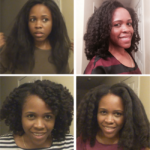

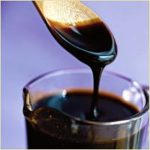
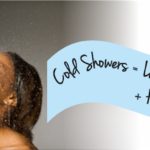
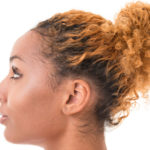
Hair loss/breakage.
That’s right, we may be closer to that than we were a few years back. Let’s hope the scientists speed up the process.
Absolutely loved this article, very informative… I think If I had a say in what I would like Engineers to address it really would want them to continue looking at a variety of products and how they affect our hair, I am such a minimilast when it comes to products but every now and then I will try something. I think my main reason for not even bothering with a product is basically not knowing if it is really truly beneficial.
I am also OK with conditioners not chemically binding to the strand.
Glad you like it Emily 🙂 I also agree with you about being a bit hesitant to try products. If there is research to show how they work and affect our hair that would be great.
Hair frizz and split ends.
What’s a good daily items to use on the hair
I might as well share mine, I want growth of rapunzel proportions (yes greedy much 😀 ), and I want the growth to be rapid. I would like to be able to reach two inches per month LOL!. Ok maybe I’m going overboard but I want noticeable length within a shorter time frame.
Male pattern baldness!
I want to say shrinkage… But whatever they come up with in a lab, I’d be leery of anyway lol.
True! lol
Frizz control
thinning…hair loss
Something that would extremely soften the roots of your hair while stretching.
Fairy knots
Krista Bella Thurman Hopper you made me literally laugh out loud on that one!.. Im so with you!
Lint buildup in locs
Tin at the top and I hate it what can I do